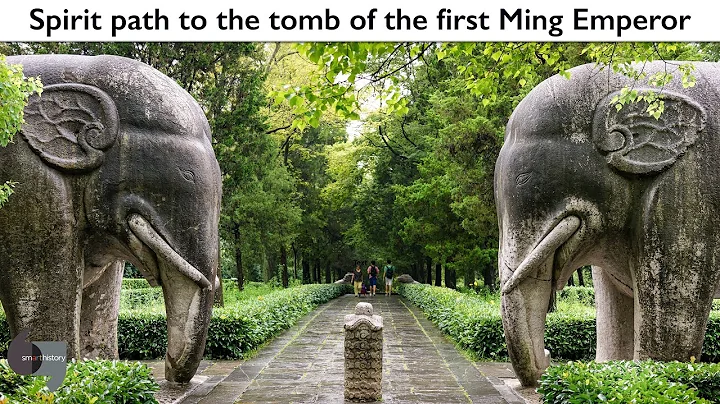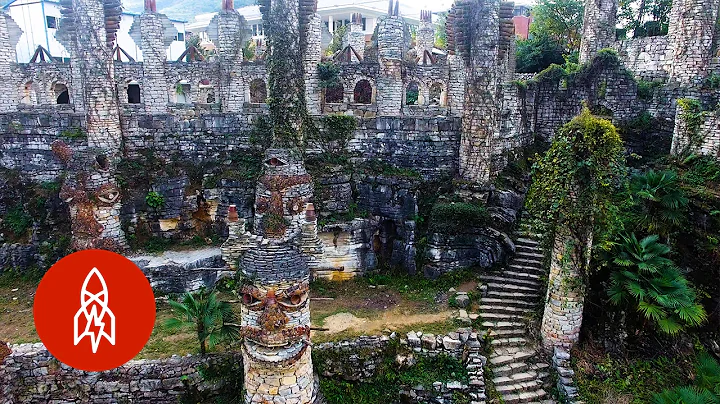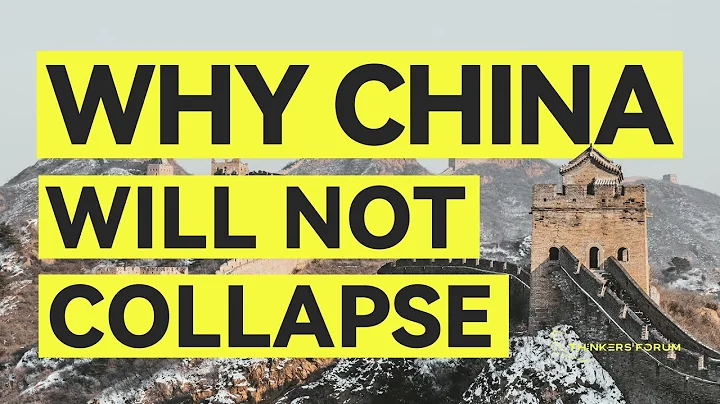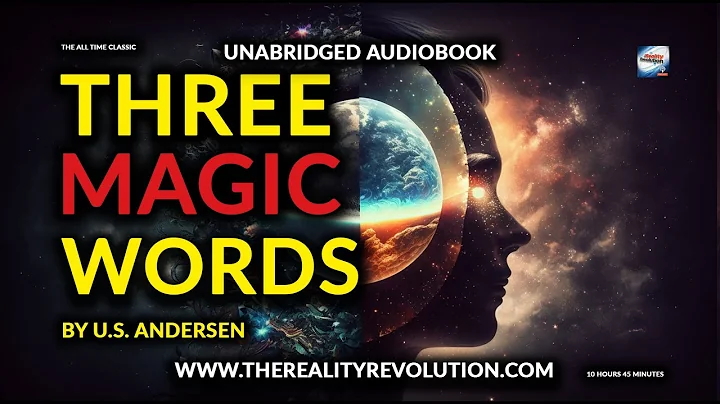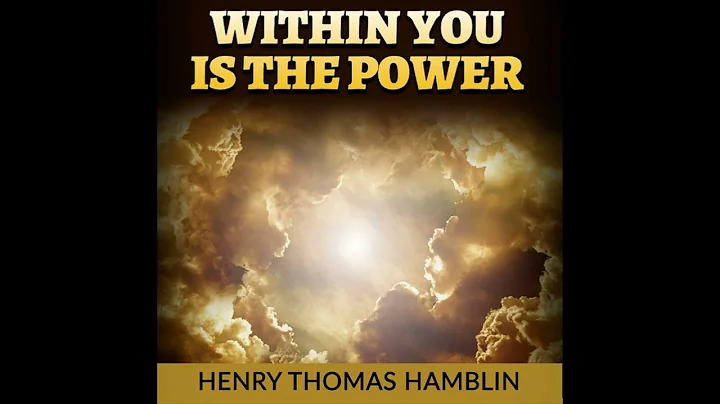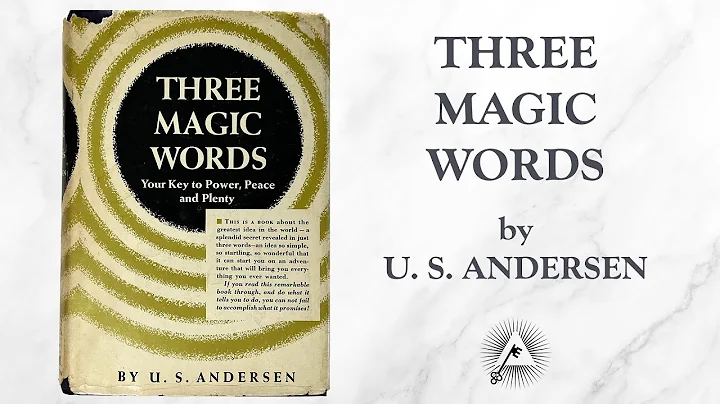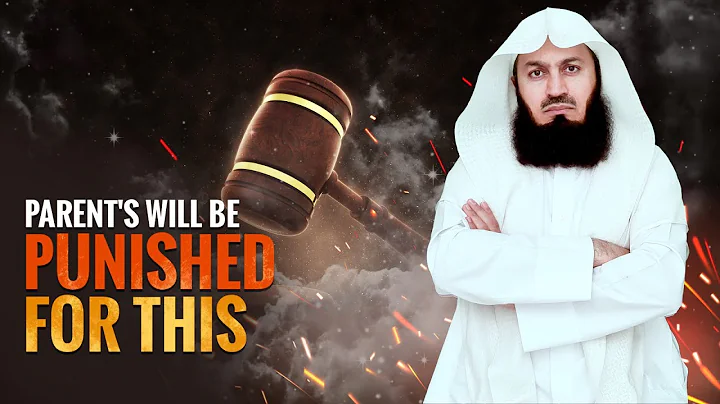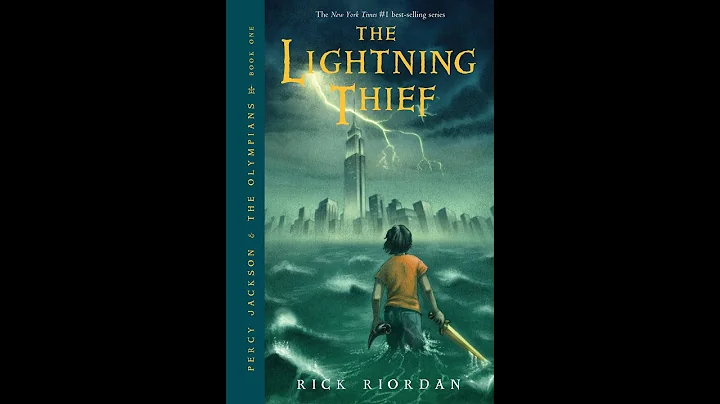
China’s Chinese language has always been profound and has a long history. Even the same words can extend many different meanings. Therefore, in the process of interpersonal communication, the art of language often plays a vital role. When Zhu Yuanzhang was worshiping Buddha, the abbot relied on the art of language to cleverly answer the question of whether the emperor should kneel to the Buddha or not, and saved the whole eunuch. What did he say? Let's take a look together.
The indissoluble bond between Zhu Yuanzhang and Buddha
Zhu Yuanzhang was an autocratic emperor in ancient China who developed imperial rule to the extreme. He created the Ming Dynasty Hongwu rule. Perhaps it is because God is about to confer a great responsibility on a person, he must first work hard on his ambition. Zhu Yuanzhang was also an emperor who came from the lower class of society and even had the experience of becoming a monk.

Zhu Yuanzhang, the founder of the Ming Dynasty, was born in a poor ordinary family in Haozhou. However, as fate would have it, the already poor family encountered natural disasters, famines, and plagues. With the death of both his parents, Zhu Yuanzhang, who was still in his teenage years, had no one to take care of him and no source of food.
Therefore, Zhu Yuanzhang entered Buddhism and became a monk, just to find a bite to eat. In this way, Zhu Yuanzhang was able to save his life. This special experience also paved the way for his indissoluble bond with Buddha throughout his life. However, Zhu Yuanzhang's days in the temple were not happy. Although he solved the problem of food and clothing, as a trainee monk, Zhu Yuanzhang naturally became a coolie in the temple. Once he made the old monk angry, he had to endure the abuse.

However, in the year of famine, no one came to offer incense, and the temple had no source of income, and soon it could not make ends meet. So Zhu Yuanzhang, who had only been a monk for dozens of days, was sent away from the temple while looking for other places. A place where you can stay and make a living by alms.
It was at the end of the Yuan Dynasty that anti-Yuan forces were ready to move around. People everywhere started rebellion movements in the name of religion, which gave Zhu Yuanzhang an opportunity. Zhu Yuanzhang, who was begging for alms everywhere, not only learned more about the actual spread of Buddhism among the people, but also gave him the opportunity to contact the rebels.

Soon after, Zhu Yuanzhang joined the anti-Yuan rebels. With his understanding of Buddhism, the people were very convinced of him. In addition, although Zhu Yuanzhang was not handsome in appearance, he was modest, studious, brave and good at fighting. After many years of accumulation in the team, Gained many supporters and followers.
Finally, through his continuous efforts, Zhu Yuanzhang became the biggest profiteer in this late Yuan anti-Yuan uprising, and naturally became the founding emperor of the Ming Dynasty.

Zhu Yuanzhang’s Worshiping to Buddha Questions
Zhu Yuanzhang’s rise from the bottom of the people to the position of emperor is inseparable from the contribution of Buddhism. However, through Zhu Yuanzhang’s entanglement with the temple, we can also understand Zhu Yuanzhang’s complex emotions towards the temple. On the one hand, he has always been worried about the days when he was humiliated and endured heavy burdens in the temple. Although he is now the emperor, the humiliation is not easy to go away.
On the other hand, there is no temple, and Zhu Yuanzhang has no connection with Buddhism, let alone achieving great achievements later. Therefore, Zhu Yuanzhang’s attitude towards Buddhism has always been benevolent, but his experience as a monk is very important to a person. For the king of the country, it was not a glorious thing, and Zhu Yuanzhang chose not to mention it.

However, after all, paper could not contain the fire. Rumors that the founding emperor had been a bald monk instantly spread in the Ming Dynasty at that time. As the rumors intensified, the scars that Zhu Yuanzhang had chosen to forget were aching again. Therefore, Zhu Yuanzhang also wanted to take this opportunity to say goodbye to his past while also letting the world and those who once looked down on him know that no matter what happened in the past, Today he is the emperor on top of thousands of people, and cannot be ridiculed and slandered by just anyone.
In this way, Zhu Yuanzhang led a group of ministers back to the former temple. As soon as he entered the main hall, Zhu Yuanzhang saw the huge Buddha statue that once required kneeling and worshiping day and night, and he was filled with emotions. Although kneeling to worship Buddha is to express one's pious attitude, for Zhu Yuanzhang, this kneeling is a humiliating reappearance of the past. Now that he is the emperor, with thousands of people kneeling and worshiping him, Zhu Yuanzhang is naturally unwilling to reveal his scars in front of his ministers. .

So he turned around and asked the abbot behind him, "Do I also want to kneel?" You must know that this "I" is Zhu Yuanzhang's identity to everyone present. Originally, the abbot wanted to blurt out "all living beings are equal", He was also suppressed by Zhu Yuanzhang's majestic momentum.
The abbot knew very well that when Zhu Yuanzhang came back this time, he said he was returning to his hometown in glory, but actually he wanted to vent his anger for his former self. If he said the wrong thing and offended the current emperor, the Buddha would not be able to save himself and the people in the temple.

After thinking for a while, the abbot replied to Zhu Yuanzhang, The real Buddha does not need to pay homage to the clay Buddha . These simple eight words express that the emperor is the Buddha of the people in the world, and the current Buddha naturally does not need to pay homage to the past Buddha, which confirms Zhu Yuanzhang The social status of more than ten thousand people also expressed respect and surrender to Zhu Yuanzhang.
Zhu Yuanzhang was naturally very happy and relieved when he got the recognition he wanted. So he bowed to the Buddha statue with his hands together and left. The abbot's words not only saved the whole temple, but also received a reward from the emperor Zhu Yuanzhang. Although people say that monks do not lie, the abbot is good at observing the emperor's emotions and knows when to say something. It can be seen that the abbot is A person who is good at using language and has great wisdom.

After this incident, Zhu Yuanzhang began to open up his heart to Buddhism and paid more attention to Buddhism. He also used the relationship between Buddhism, Buddhism and Taoism in political decisions to govern the country. It can be said that under Zhu Yuanzhang's control, the Ming Dynasty became a A rather religious dynasty.
Conclusion
The abbot successfully solved the current dilemma with his own wisdom and speaking skills. In the competition of modern society, for everyone, whether they can speak, whether they can speak, and their communication skills directly affect their ability to speak. Grasp opportunities and success. The so-called smart people speak smart words. Whether in ancient times or today, we should know what words should be said and when. This can not only save time for communication and communication, but also allow the other party to directly understand your needs. The
pictures come from the Internet. If there is any infringement, please contact us to delete it!
